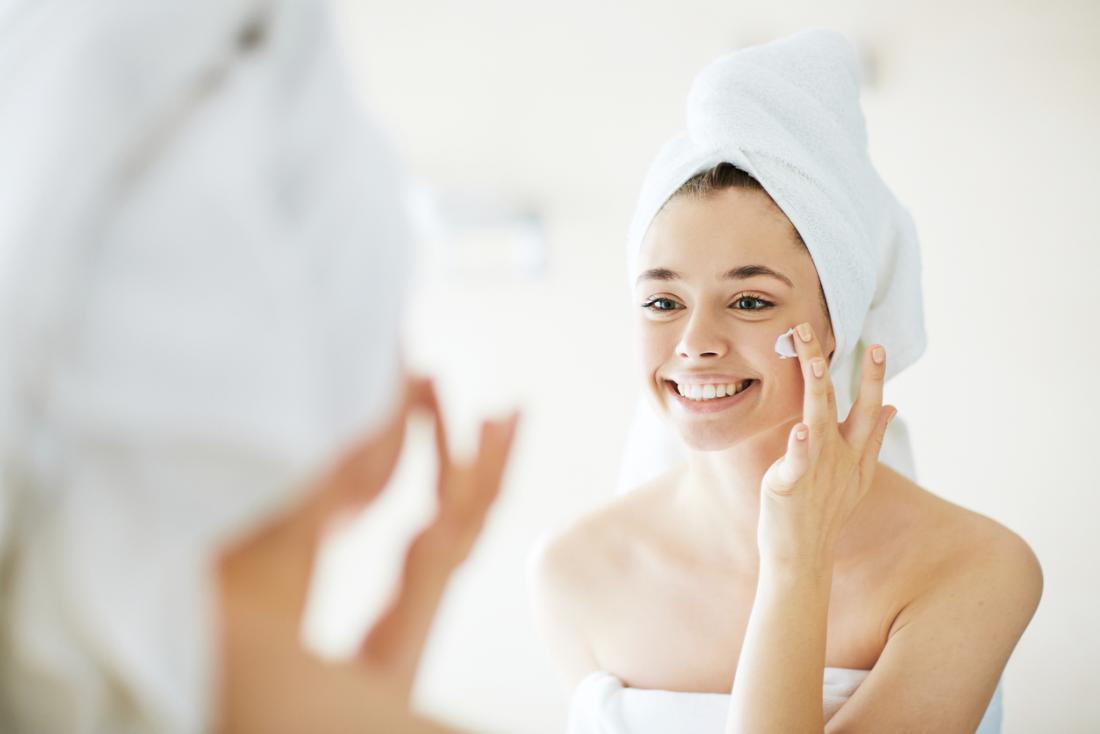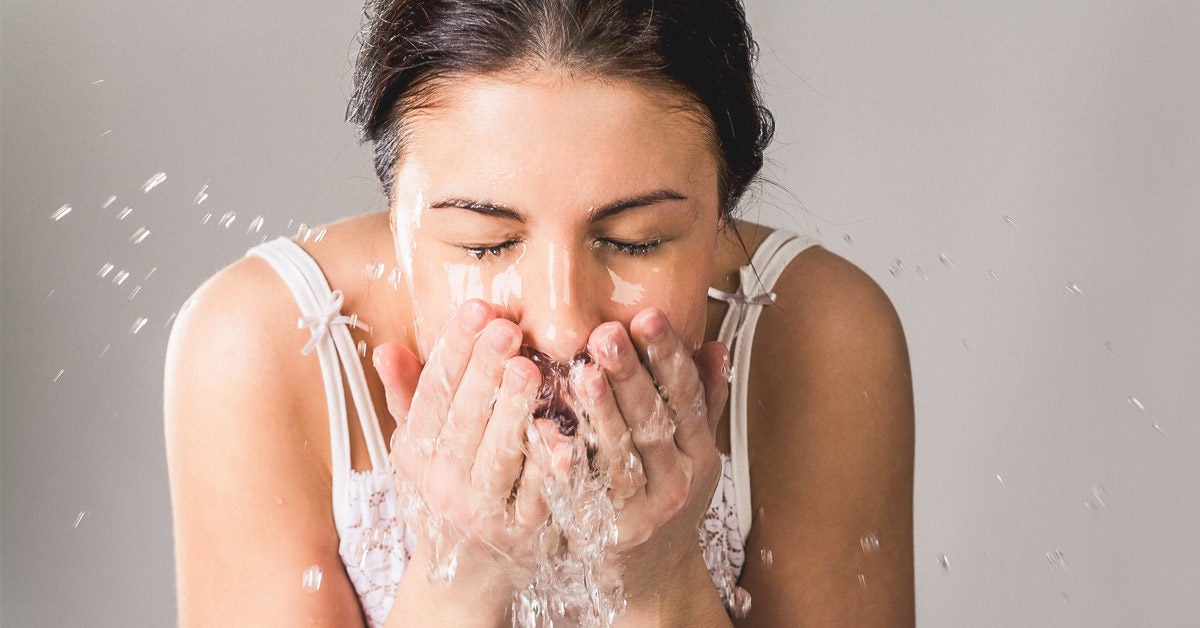The health of your skin is vital to you, and certain factors contribute to its vibrancy. Sleep quality, diet, sun protection and how well you manage stress all play a part in its condition. One of the most significant things you can do to protect your skin at its cellular level is to give it the nutrients it needs and practice a few steps toward a healthy lifestyle. Here is a guide to some impactful steps for healthier skin.
Table of Contents
Nutrition
You can do many things externally to support healthy skin, but starting from the inside out is best. A healthy diet that includes vital nutrients will support skin cell growth. It will keep it looking soft, glowing and free of blemishes.
Eat Whole Plant Foods
Your body experiences daily exposure to free radicals from things like UV radiation and pollution, which can contribute to aging skin. Whole plant foods naturally rich in antioxidants like fruits, vegetables, nuts, seeds, whole grains and legumes support healthy-looking skin. These natural foods are also fiber-rich, which stabilizes blood sugar amounts in your body and protects against wrinkles.
Consider Supplements
A healthy diet high in nutrients is the key to maintaining skin health. When paired with nutritious foods, adding vitamin and mineral supplements can support your skincare routine and take it to the next level by complimenting your diet, which helps maintain the balance your skin needs to stay bright and supple.
Stay Away From Red Meat and Fried Foods
A diet that includes red meat and fried foods exposes you to harmful compounds called glycation end products (AGEs). These compounds deteriorate the collagen that gives your skin its elasticity. A fruit-heavy diet will significantly affect the look and feel of your skin, helping to mitigate unwanted wrinkles that may appear from unhealthy snacks and heavy consumption of red meat.
Avoid Sugar
AGEs also appear when sugar molecules combine with proteins in your bloodstream. Food sources and juices containing added sugar break down the elastin and collagen in your skin and reduce its firmness and structure. Too much sugar in your diet can cause your skin to look dry, saggy and dull.

Lifestyle
Your lifestyle choices go hand in hand with eating the right foods. A daily routine of physical exercise and monitoring your body’s nutrition choices will support your skin’s health.
Stay Hydrated
Water is crucial for your skin. Proper hydration helps to keep your skin moisturized and supple. The amount of water you require depends on your age, gender and your physical activity. Generally, drinking six to eight glasses a day will help your skin maintain its elasticity, reducing the appearance of fine lines and wrinkles.
Use Sunscreen
Spending time in the sun is great for getting your vitamin D, but it is paramount to shield your skin from its harmful UV rays to keep it healthy. Spending time in the sun without protection can cause your skin to lose its elasticity, resulting in an unfavorable appearance. Guard your skin against damage by using sunscreen or other skincare products that contain SPF 15 or higher. Wearing sunglasses and a good hat will also help protect your skin while you are outdoors.
Exercise
Exercise is the best way to get a natural glow to your skin. It cleanses, manages stress and supports circulation, all of which appear on your skin. Getting your heart rate up will deliver oxygen and nutrients to your skin, promoting new skin cell growth and collagen production. With exercise comes sweat, flushing out impurities in your body to leave your skin healthy and glowing.
Taking proper care of your skin may seem meticulous, but it is vital to health and appearance. These steps are easy once you know how to incorporate them into your daily life. Feed your body and skin inside and out, and you will be on the right track to looking and feeling your best.

